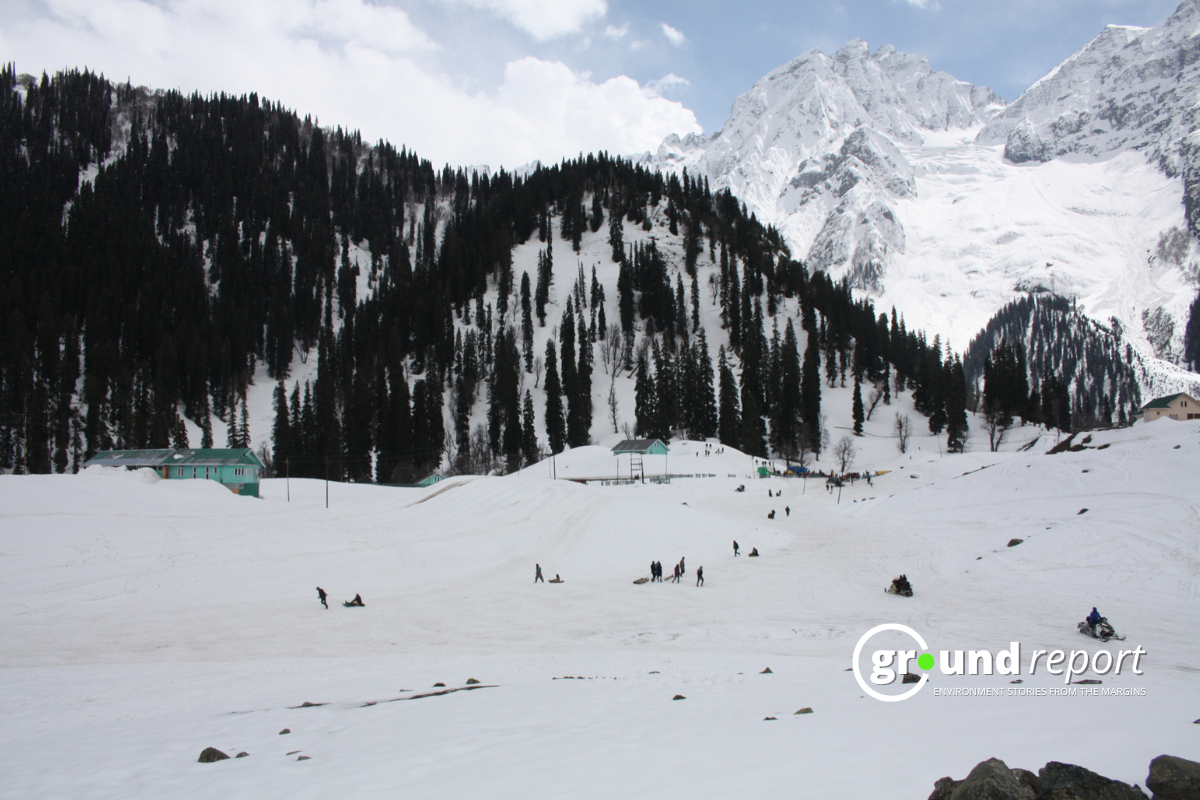Experts are urging the UK government to support adaptation to climate change in developing countries and establish new legal migration routes to accommodate climate refugees. This call comes after a report from the Onward center in the UK warned of a potential increase in migration to the country as a result of the climate crisis.
The report titled “Forced to Move: Reducing the Impact of Climate Change on Migration ” highlights the need for the UK to cooperate with countries in development and offer support for climate adaptation to alleviate migration pressures.
Experts draw comparisons to the recent support extended by the government to refugees from Ukraine and emphasize the importance of extending similar assistance to those displaced by the effects of climate change.
This scheme would involve the UK partnering with the countries most vulnerable to the climate crisis, as well as supporting them by funding disaster preparedness training.
In addition, Onward notes that supporting this migration could help ensure that the country has the skills to meet the goal of reaching net zero carbon emissions by 2050.
“We cannot allow climate-related migration to become the defining crisis of the 21st century. The government must act now to build climate resilience in the most vulnerable regions of the planet and open up safe and legal visa routes for those fleeing environmental disasters,” Ted Christie-Miller, a co-author of the document, told The Guardian.
In the report two distinct routes for migration are proposed.
Environmental Resilience Visa Scheme
The first is an Environmental Resilience Visa Scheme that would equip individuals in vulnerable countries with skills necessary for transitioning away from fossil fuels. After training, individuals can choose to stay in their country or migrate to the UK to work in the green sector.
However, the number of visas would be limited, and priority would be given to sectors experiencing labour shortages that cannot be fulfilled quickly enough domestically. The report also recommends giving preference to those who suffer from sudden natural disasters and urgently need to rebuild their financial capital.
According to the United Nations High Commissioner for Refugees (UNHCR), between 2008 and 2016 an average of 21 million people were displaced by sudden extreme weather events.
The New Economics Foundation (Nef) also agree that the United Kingdom has a “deep moral responsibility” to support climate refugees. However, they note that “a better approach would involve a total rethink and expansion of the UK’s own skill upgrading system, which has been left broken and neglected.
“Throughout the 20th century, the UK established one of the strongest skills upskilling systems in the world, but successive reforms and funding cuts have seen the adult participation rate in education plummet and our national productivity it stops”.
Natural Disaster Visa Scheme
The second route is a Natural Disaster Visa Scheme that would offer visas to people displaced by extreme weather events such as floods or wildfires, or long-term climate impacts like sea level rise.
The recipients of these visas can settle in the UK temporarily while their country recovers or permanently if their homeland is rendered unlivable, such as an island nation.
The report acknowledges that the UK cannot assist all individuals forcibly displaced by climate change in the coming century. However, the report emphasizes that the UK has demonstrated its willingness to play its part in helping those most in need.
What is Climate Visa?
A Climate Visa is a proposed type of visa that would allow people who are displaced or forced to leave their home countries due to climate change-related issues to migrate to other countries.
The idea behind a climate visa is to provide a legal and safe route for individuals who are affected by environmental degradation, rising sea levels, extreme weather events, and other climate-related disasters to seek refuge in other countries.
The concept of climate visas is still in its early stages, and there is no international agreement on how to implement such a program. However, some countries, such as New Zealand, have already started to explore the possibility of offering climate visas as a way to address climate-related displacement.
The idea has also been discussed in the United States, the United Kingdom, and other developed countries as a potential solution to the growing issue of climate refugees.
Keep Reading
- Why India Needs To Import Timber From Other Countries?
- Climate Change Threatens Global Tea Sector: Indian Tea Association
- Human-Wildlife Conflicts Rising Worldwide With Climate Change
- ‘Increasing Forest Cover Of India’ Is A Misleading Claim
Follow Ground Report for Climate Change and Under-Reported issues in India. Connect with us on Facebook, Twitter, Koo App, Instagram, Whatsapp and YouTube. Write us on GReport2018@gmail.com.









